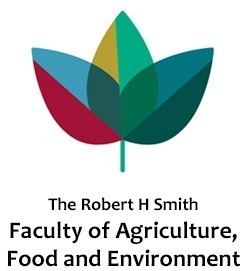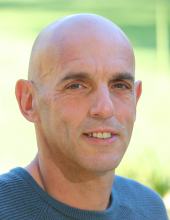Prof. Benny Chefetz
Full Professor
Prof. Benny Chefetz is at the forefront of the crucial paradigm shift in sustainable agriculture. Chefetz has over 20 years of experience in the field, and focuses his academic (research, education) and outreach activities on quality criteria and risk assessment of water reuse. Chefetz’s main research scope is to provide new knowledge in understanding the fate, processes, and interactions of pollutants of emerging concern (pharmaceuticals, antibiotics, hormones and personal care products) originating from wastewater in the agroecosystem and their introduction into the food chain. His unique approach in studying human exposure and risk assessment due to the consumption of produce irrigated with reclaimed wastewater positions him as a luminary in environmental sciences and human health.
Education:
1992
B.Sc. Agr. (Magna Cum laude) at The Hebrew University of Jerusalem, Soil Sciences.
1998
Ph.D. at The Hebrew University of Jerusalem, Dept. of Soil and Water Sciences. Thesis: Transformation of organic matter during composting of municipal solid waste. Supervisors: Prof. Yona Chen and Prof. Yitzhak Hadar.
2000 - 1998
Post-Doctorate at the Ohio State University, Dept. of Chemistry. Host: Prof. Patrick G. Hatcher.
Research Interests:
My research interests relate to physico-chemical processes of organic pollutants occurring in water, reclaimed wastewater, soils and sediments. An overarching goal is to elucidate physical, chemical and biological processes that influence the fate of organic molecules in the environment with special emphasize on the agricultural environment.
Special interests are: (1) Fate of pharmaceutical compounds in soil and water; (2) Sorption- desorption behavior of xenobiotics in soils and sediments; (3) Irrigation with reclaimed wastewater: effects on human health; (4) Nano particles in the environment: fate and processes; (5) Nature and reactivity of dissolved organic matter.


